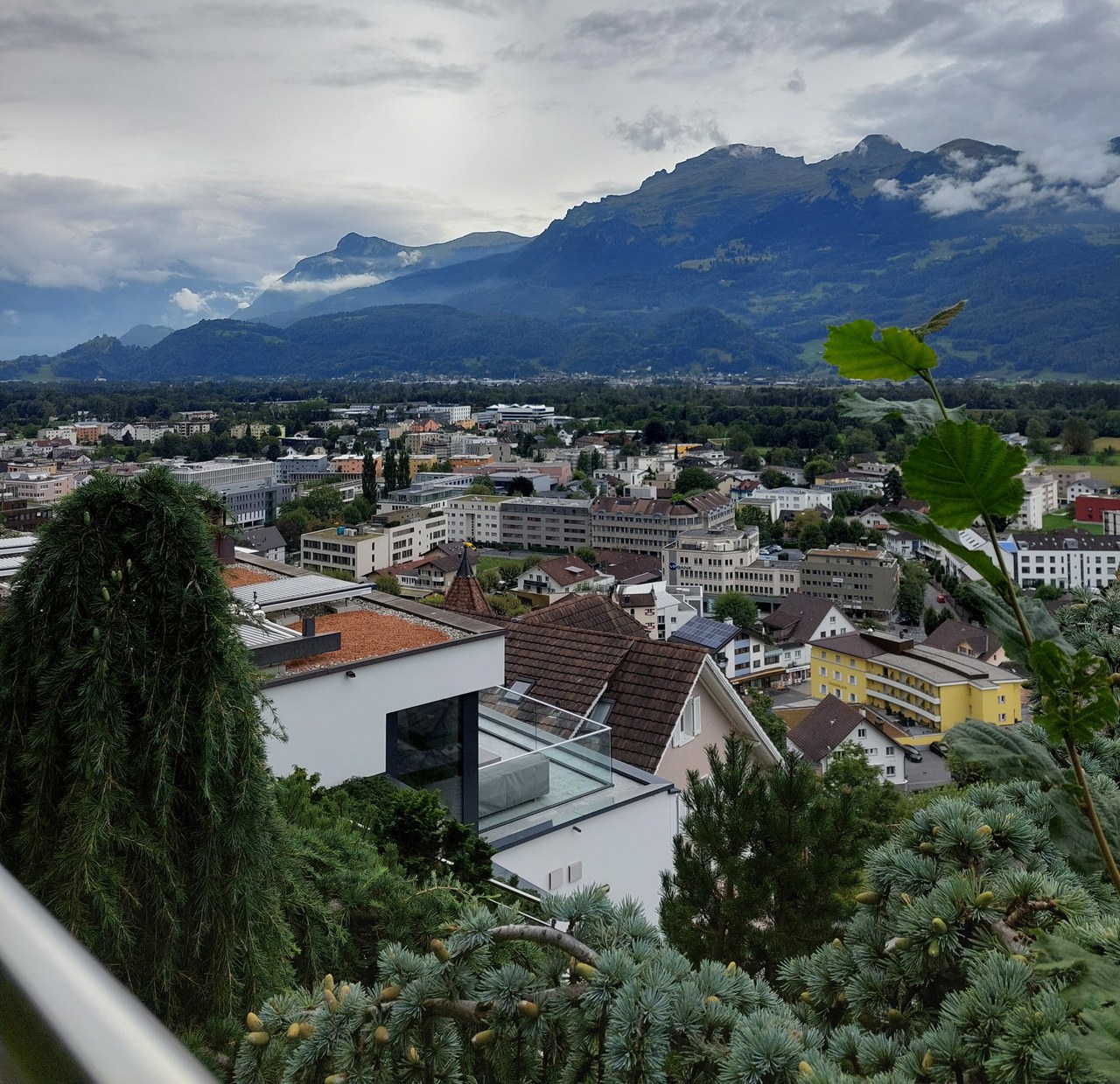For the past three weeks, I have been living as an Erasmus student in Liechtenstein. I have already noticed several differences compared to my home country in this short period of time. First of all, I am living in the capital city of Liechtenstein, Vaduz. Many people may imagine a large city with a huge population. But things are not like that at all. The capital city of the Czech Republic has approximately 230 times more inhabitants and is 30 times larger in area than Vaduz. It is a significant difference, especially in terms of accessibility and distance to various stores, banks, schools, and sporting events. There is an extensive network of urban transport in Prague because it is not possible to go through the city only on foot. Public transportation system also reaches out to nearby towns and surrounding areas. However, since everything in Vaduz is accessible on foot, it is quite common to walk or ride a bike, which seems very eco-friendly to me.
You can frequently hear bells ringing in Liechtenstein because it is highly religious nation. I am not used to it at all because in our small village, the church is on a hill, and therefore the bells can't be heard. So, if you go on vacation or go study in Liechtenstein, be prepared to get up early, especially if you live near a church. Religion can also be recognized in the country by the emphasis on public holidays and free Sundays. There are actually 17 public holidays in Liechtenstein. On these days, all residents of Liechtenstein have a day off, and all shops are closed.
To be honest, I am not accustomed to this in my home country. In the Czech Republic, people normally go shopping on weekends and sometimes even on public holidays. The Czech Republic has a special law that regulates the opening hours of shops on holidays. This law literally states that shops over 200 square meters must remain closed during certain holidays. But it's more complicated and misleading. Some public holidays are "more important" than others, which means that Czechs cannot go shopping on national holidays such as New Year, Easter Monday, Victory Day, Czech Statehood Day, Day of Establishment of Independent Czechoslovakia, and Christmas Days. On other public holidays, shops are open. It is, for example Labour Day, Cyril and Methodius Day of the Slavic Evangelists, Day of the Fight for Freedom and Democracy and so on.
Therefore, I have to shop during the week because of Sundays off, and I also have to plan my grocery shopping in advance so that the food will last through the weekend and preferably until the beginning of the next week. What is more, food prices are significantly higher here compared to the Czech Republic, so we go to Feldkirch, Austria for a big grocery shopping.
Since I have already started with the topic of money, another novelty for me is currency conversion. We do not use euros in the Czech Republic, even though we are members of the European Union. The exchange rate of the Czech crown against the euro is approximately 24.50 CZK and against the Swiss franc is it usually one crown more, approximately 25.50 CZK. Therefore, I need to recalculate every price in the store to have a price comparison.
My friends and I have already been on a few hikes, explored the area, and I can't wait for more adventures. I hope that the autumn will be warm, and that we will still manage many trips. I would like to ski or snowboard in the winter, and I hope we will have a snowy Christmas holiday.
